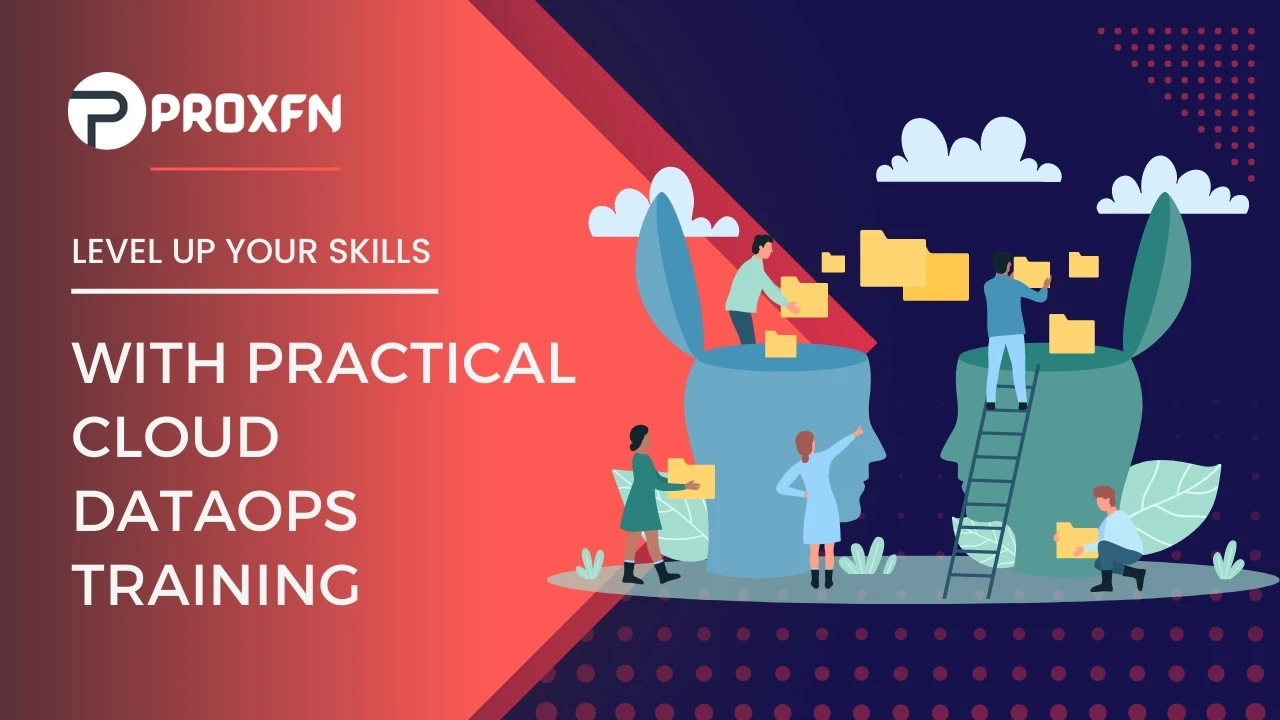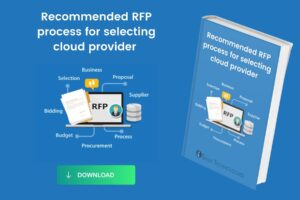In the ever-evolving digital landscape, data has become the driving force behind business decisions and innovations.
As organizations gather an unprecedented amount of data, there is an increasing demand for professionals who can effectively manage, analyze, and derive valuable insights from it.
Cloud DataOps training offers a practical and comprehensive approach to mastering data management in the cloud environment, empowering individuals to level up their skills and stay ahead in their careers.
What is Cloud DataOps?
Before delving into the training, let’s understand what Cloud DataOps is all about.
DataOps is a methodology that combines data engineering, data integration, and data quality management to streamline the data lifecycle. It focuses on collaboration and automation to enable efficient data management, allowing organizations to make data-driven decisions with ease.
When integrated with cloud technology, DataOps becomes even more powerful, offering scalable and flexible solutions for data storage and analysis.
The Importance of Practical Training
1. Hands-On Experience
Practical Cloud DataOps training goes beyond theoretical knowledge. It provides hands-on experience, allowing learners to work with real-world data sets in a cloud environment. This experiential learning enables a deeper understanding of the challenges and complexities involved in managing data in the cloud.
2. Familiarity with Cloud Platforms
Cloud DataOps training familiarizes participants with various cloud platforms, such as Amazon Web Services (AWS), Microsoft Azure, and Google Cloud Platform (GCP). Understanding how to navigate these platforms and leverage their features is invaluable for data professionals seeking to optimize data workflows.
3. Collaboration and Teamwork
DataOps is inherently collaborative, involving different teams and stakeholders working together to achieve data-driven objectives. Practical training emphasizes effective communication and teamwork, essential skills for professionals collaborating in cross-functional environments.
4. Data Security and Governance
Data security is a top priority in the digital age. Practical Cloud DataOps training addresses data security and governance, teaching learners how to implement robust security measures and comply with industry regulations.
Key Components of Practical Cloud DataOps Training
1. Data Integration
Data integration involves combining data from different sources into a unified view. Practical training covers various data integration techniques, ensuring seamless data flow and accessibility.
2. Data Pipelines
Data pipelines are automated processes that move data from one system to another. Training equips learners with the skills to design, build, and manage data pipelines efficiently.
3. Data Quality Management
Ensuring data accuracy and quality is essential for meaningful insights. Practical training focuses on data cleansing, validation, and quality assurance techniques.
4. Cloud Data Warehousing
Cloud DataOps training includes learning about data warehousing in the cloud, where data is stored and organized for analysis and reporting.
5. Real-time Data Analytics
With the growing need for real-time insights, practical training covers techniques for real-time data analytics using cloud technologies.
Advantages of Cloud DataOps Training
1. Career Advancement
Mastering Cloud DataOps opens up a world of opportunities for data professionals. With the increasing adoption of cloud technologies, organizations seek skilled individuals to optimize their data management processes.
2. Competitive Edge
Professionals with practical Cloud DataOps training gain a competitive edge in the job market. Their ability to handle complex data scenarios and implement efficient solutions sets them apart from the competition.
3. Data-Driven Decision-Making
Data-driven decision-making is the foundation of successful businesses. Cloud DataOps training empowers professionals to harness the power of data for strategic decision-making.
4. Adaptability
Cloud DataOps professionals are well-equipped to adapt to new technologies and industry trends. This adaptability is essential in a rapidly changing digital landscape.
Conclusion
In conclusion, Cloud DataOps training offers a transformative learning experience for data professionals seeking to level up their skills.
By combining cloud technology with DataOps principles, individuals gain the expertise to manage and analyze data efficiently.
With practical training and hands-on experience, they become valuable assets to organizations seeking to harness the power of data for growth and success.





